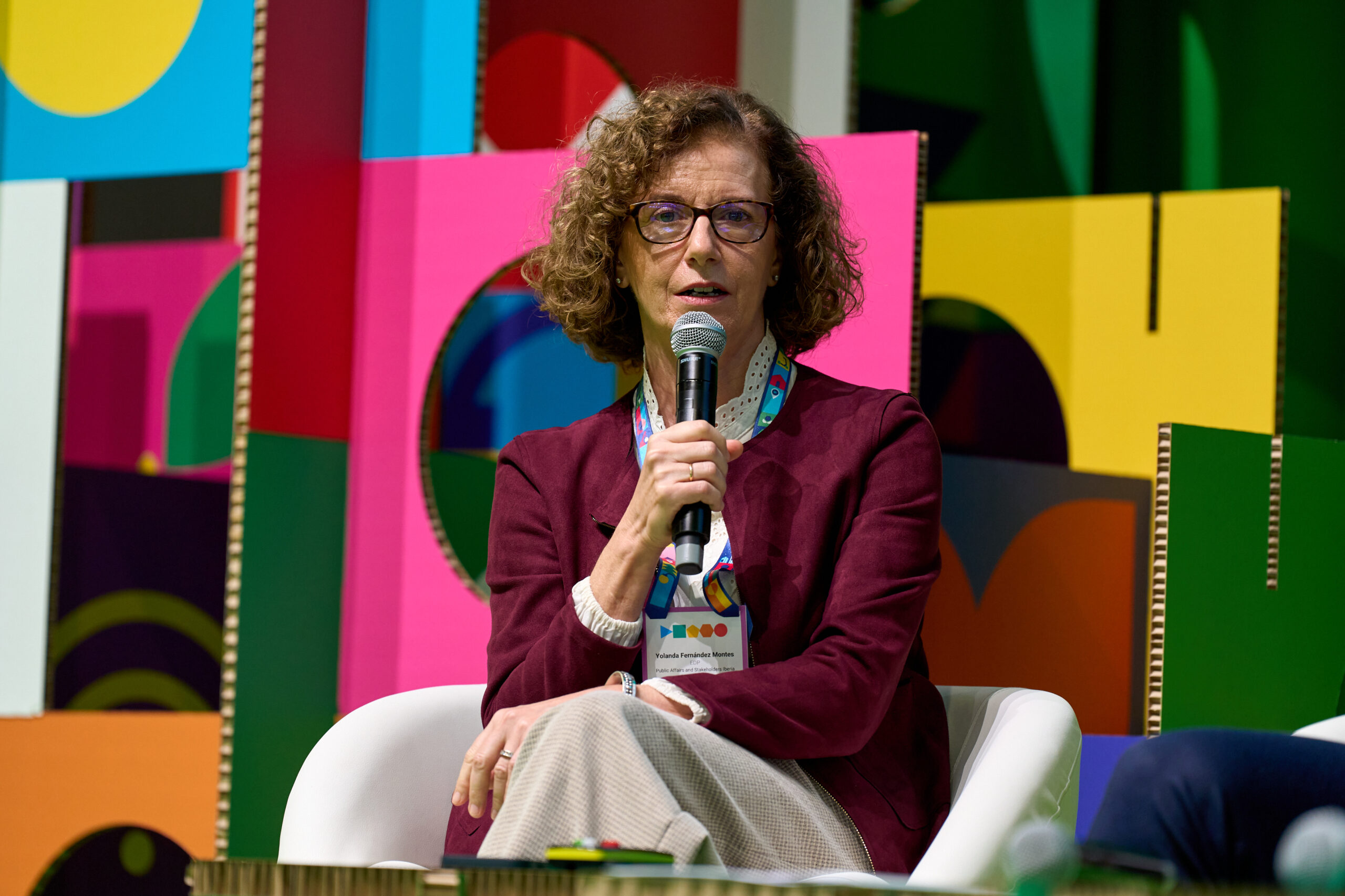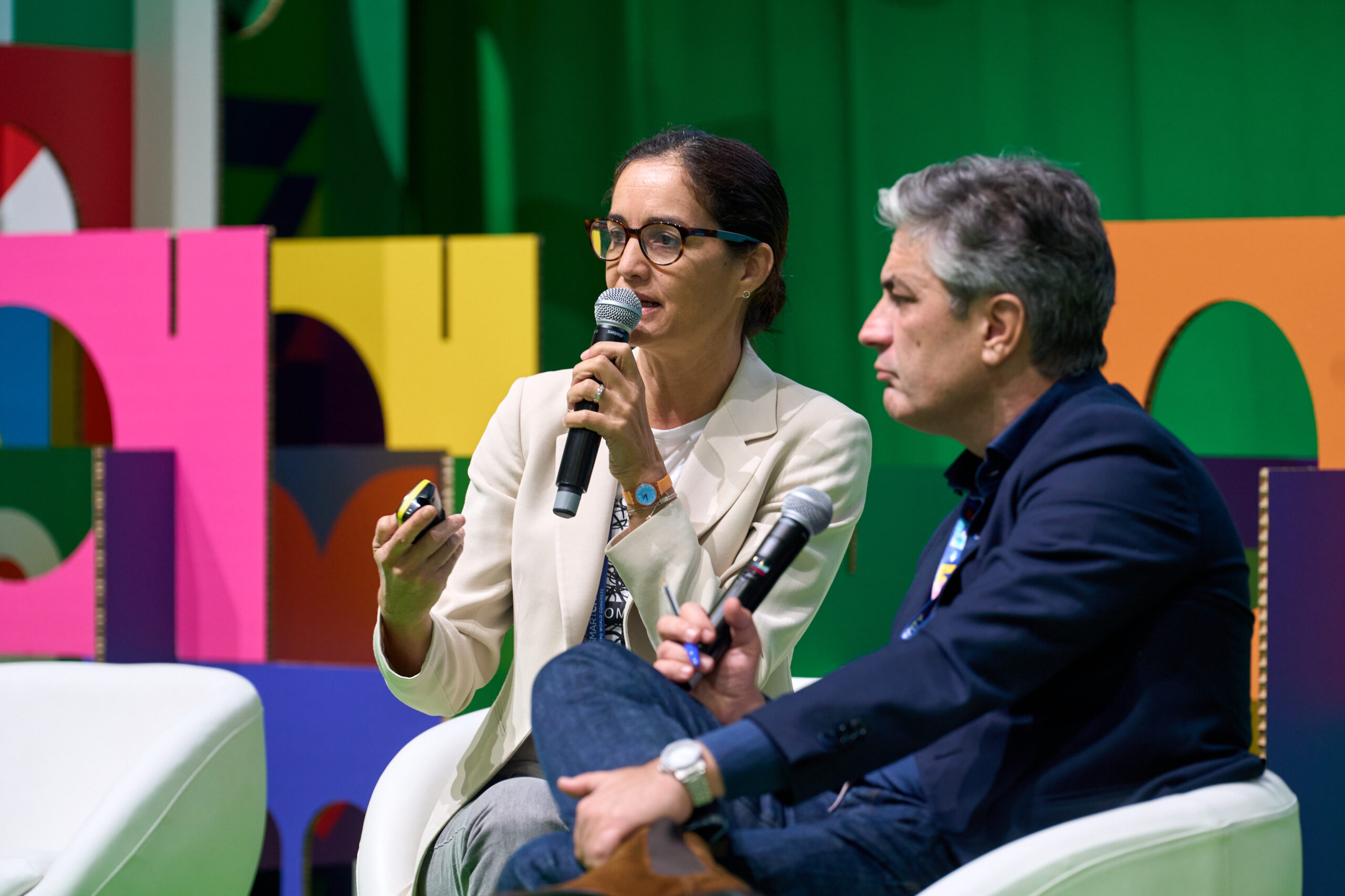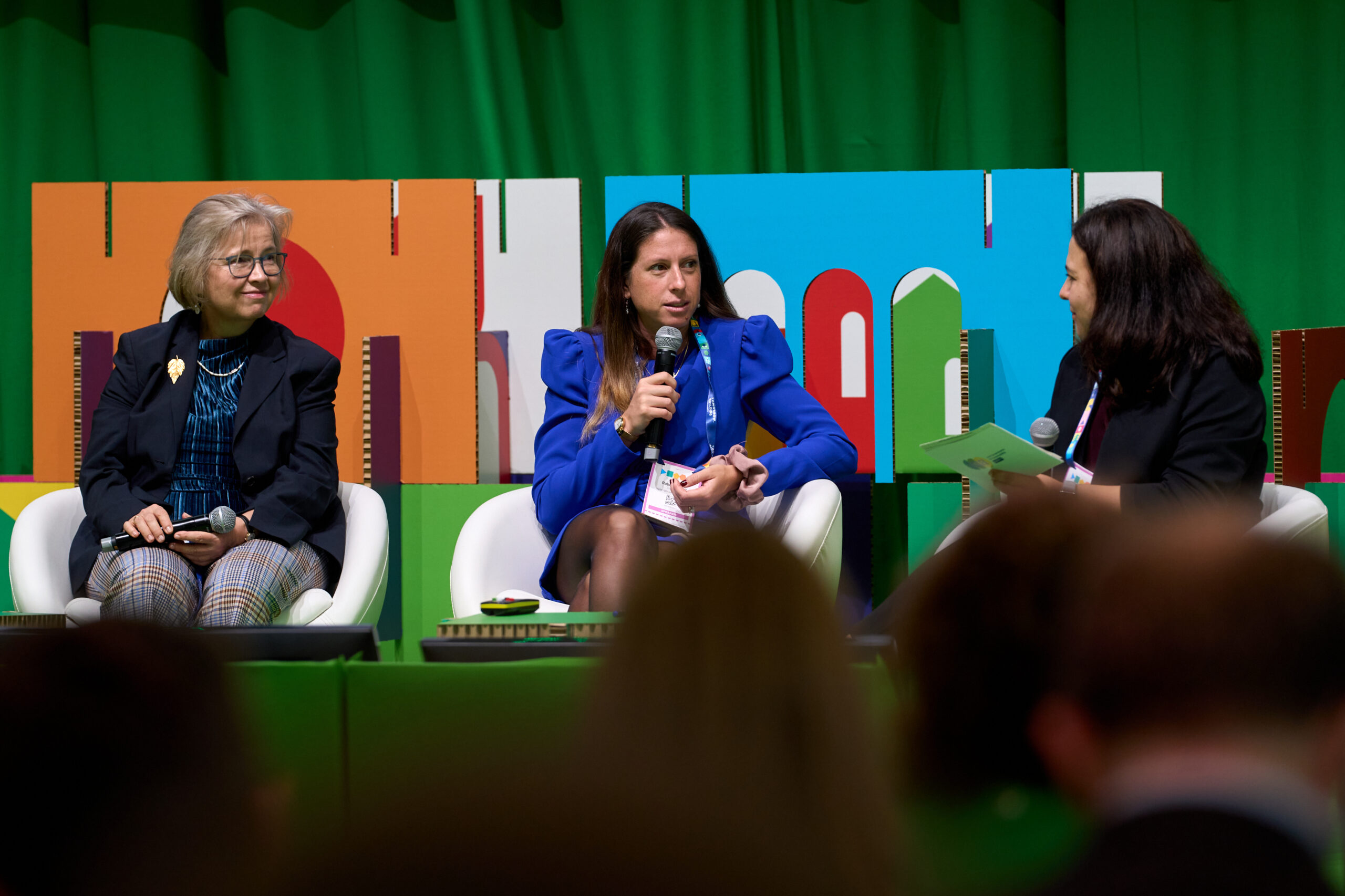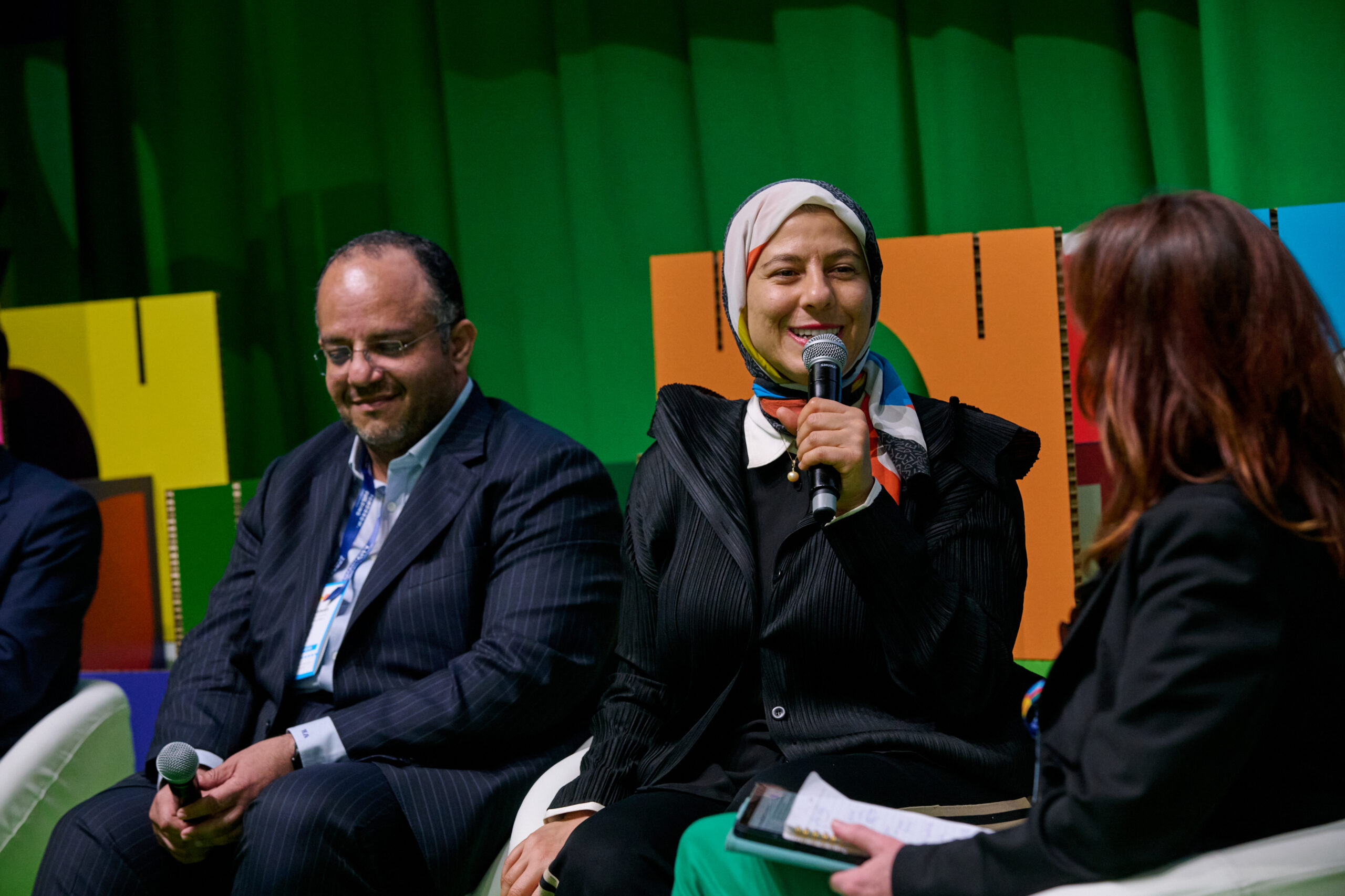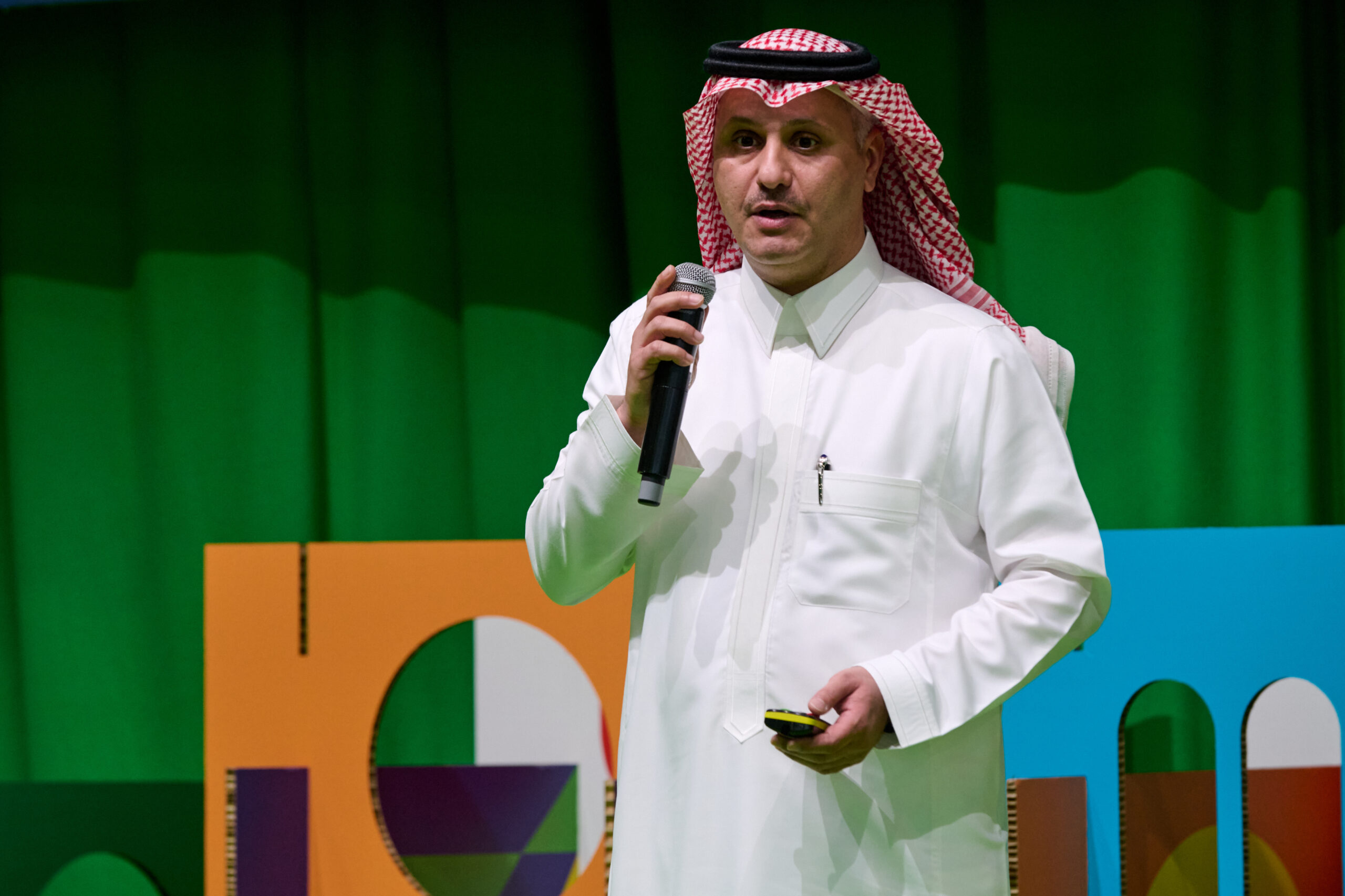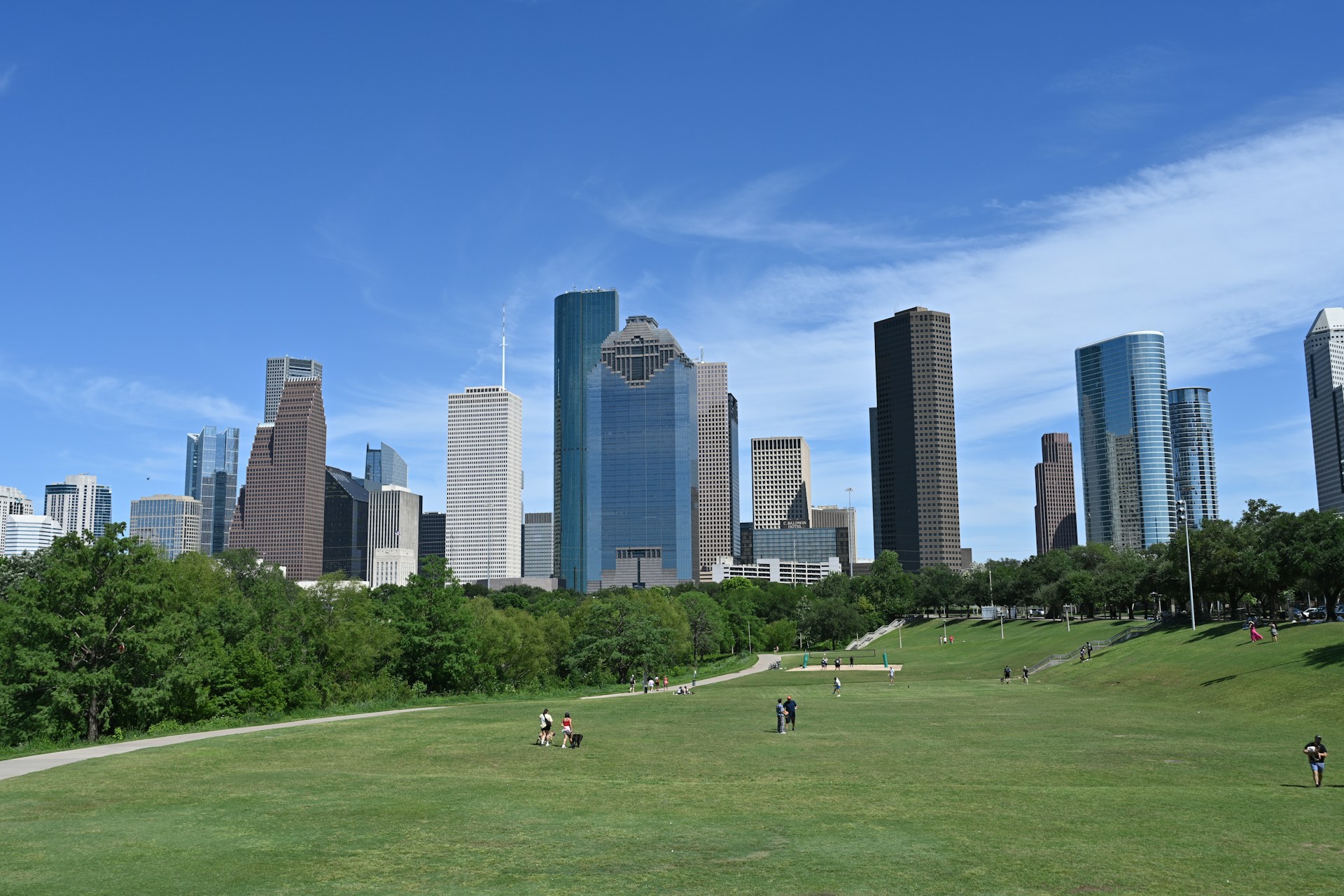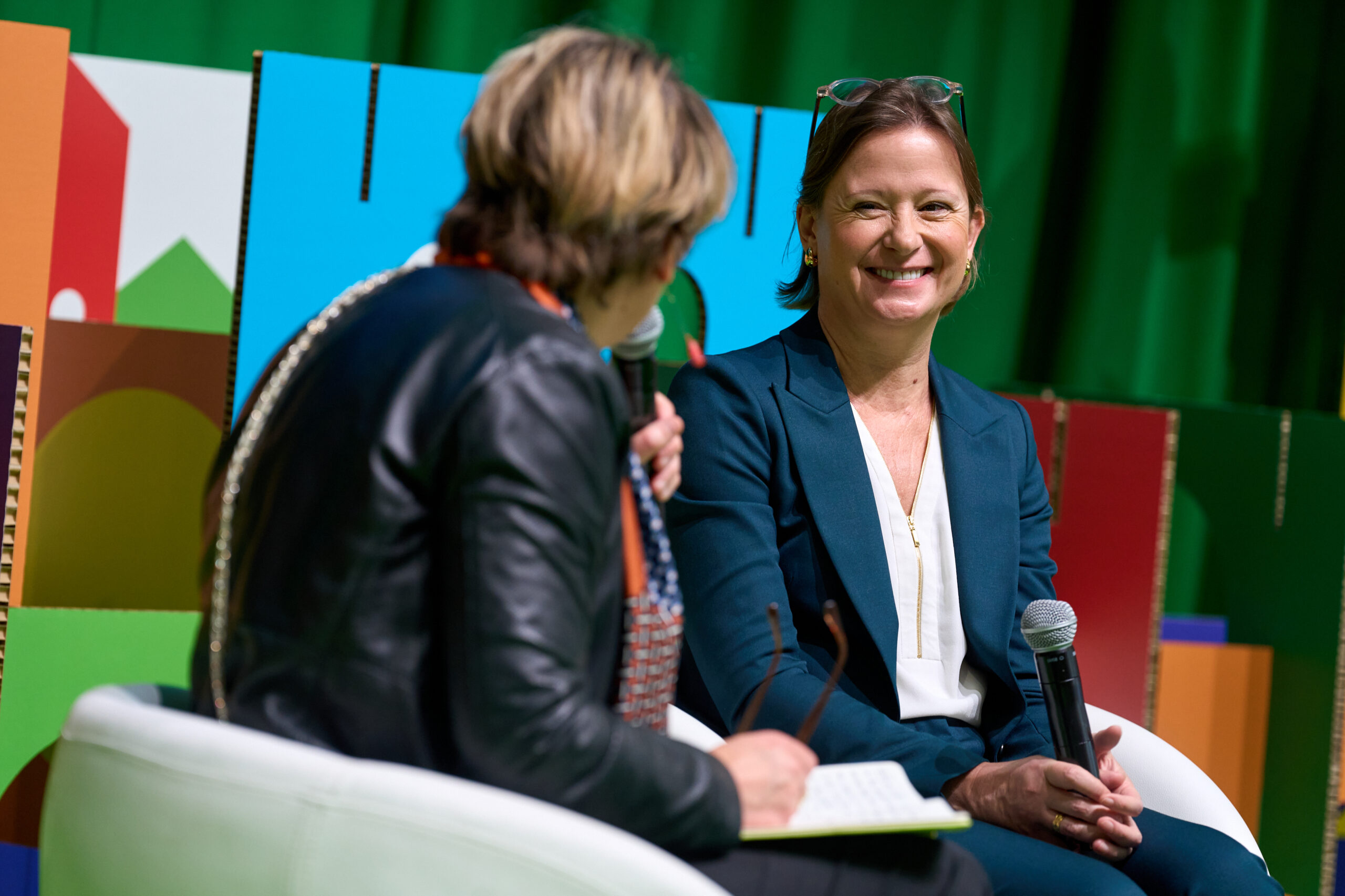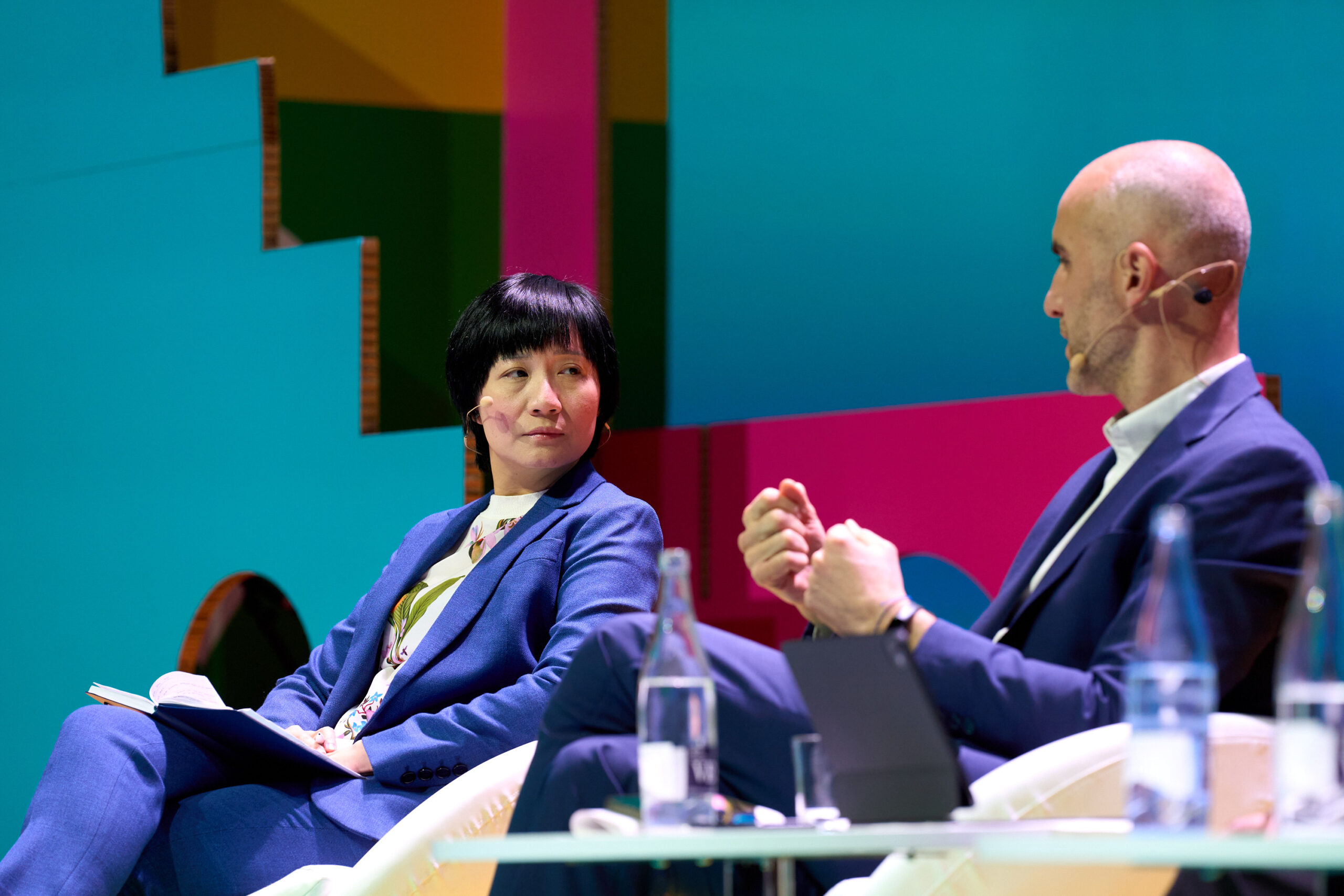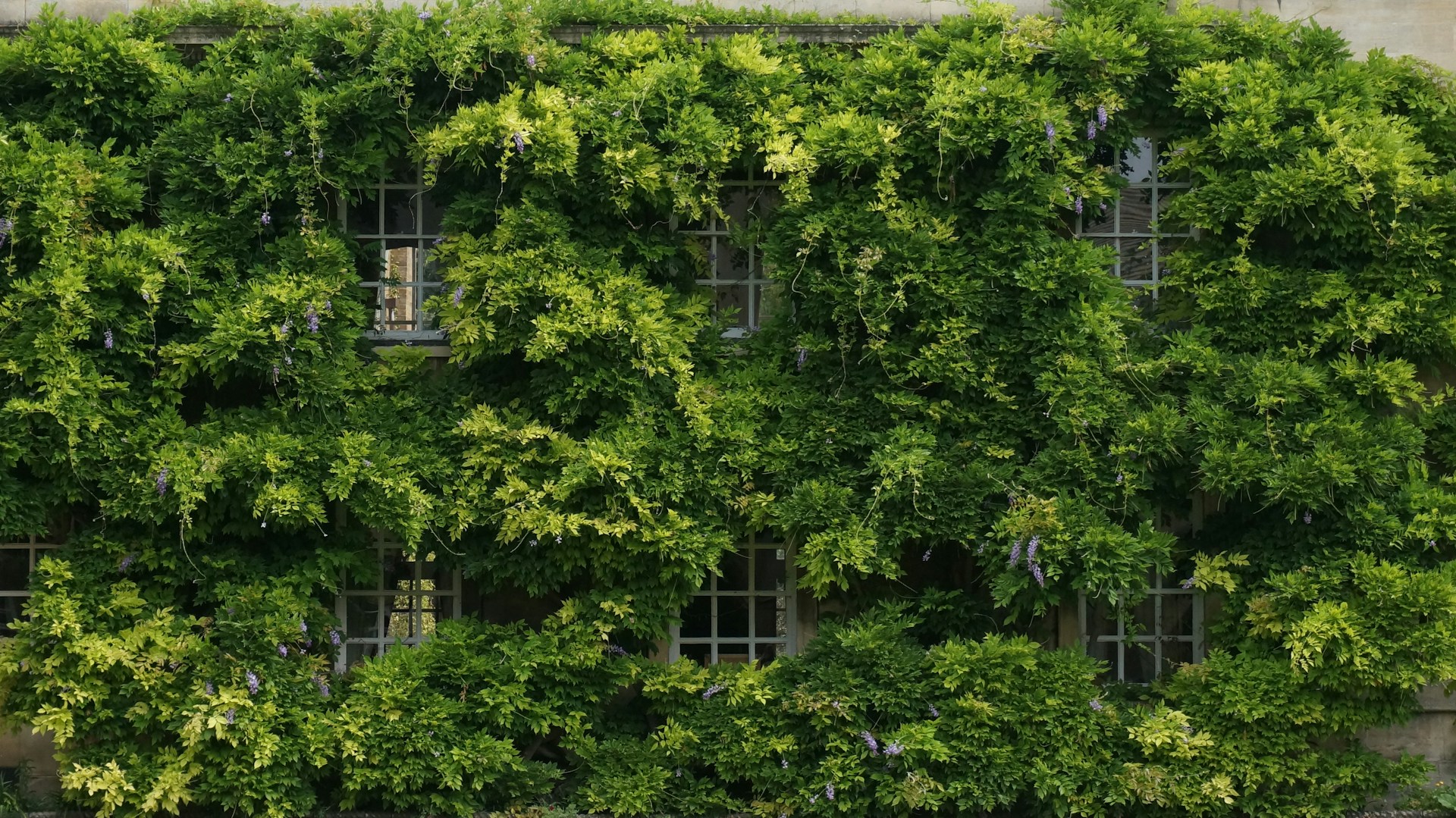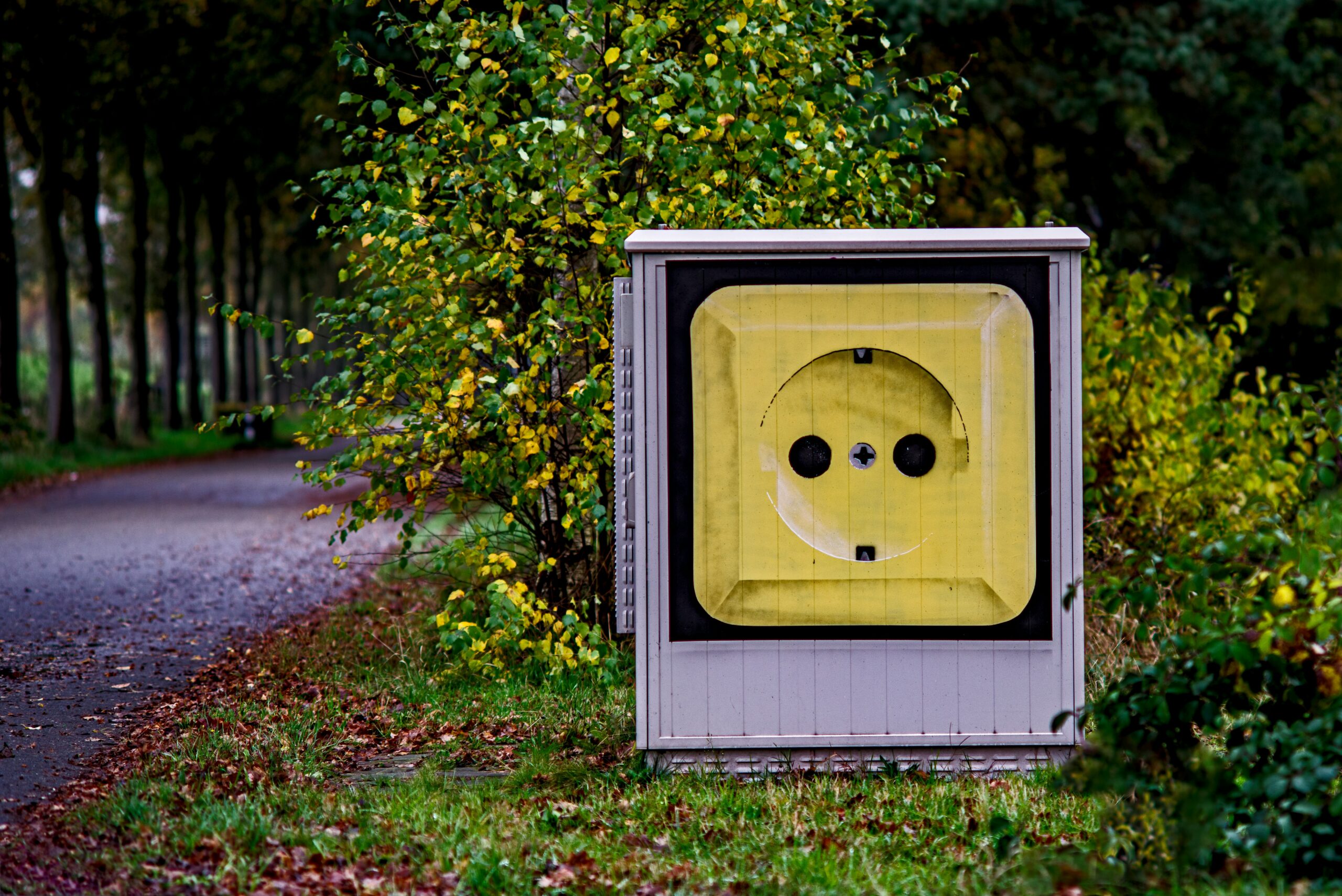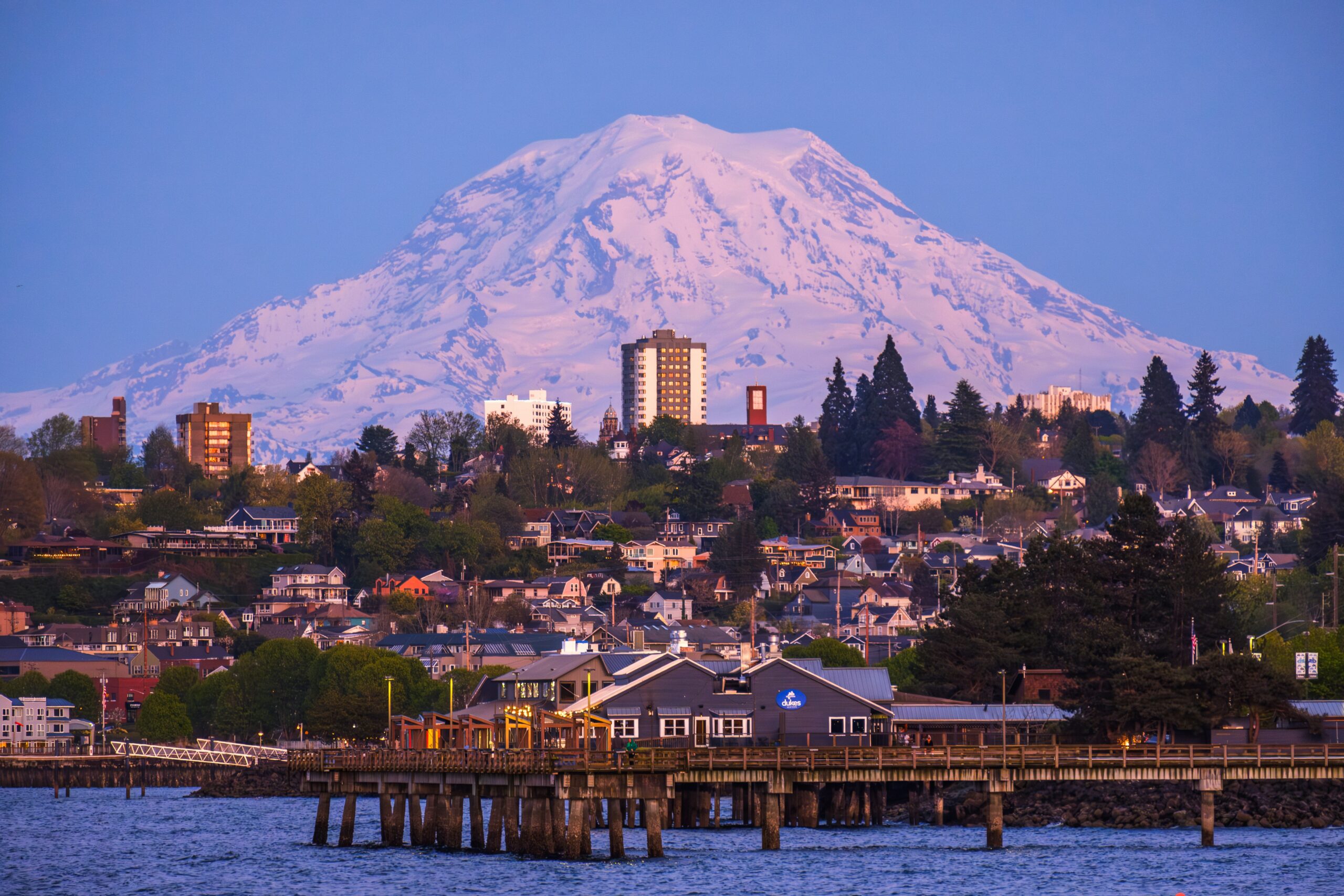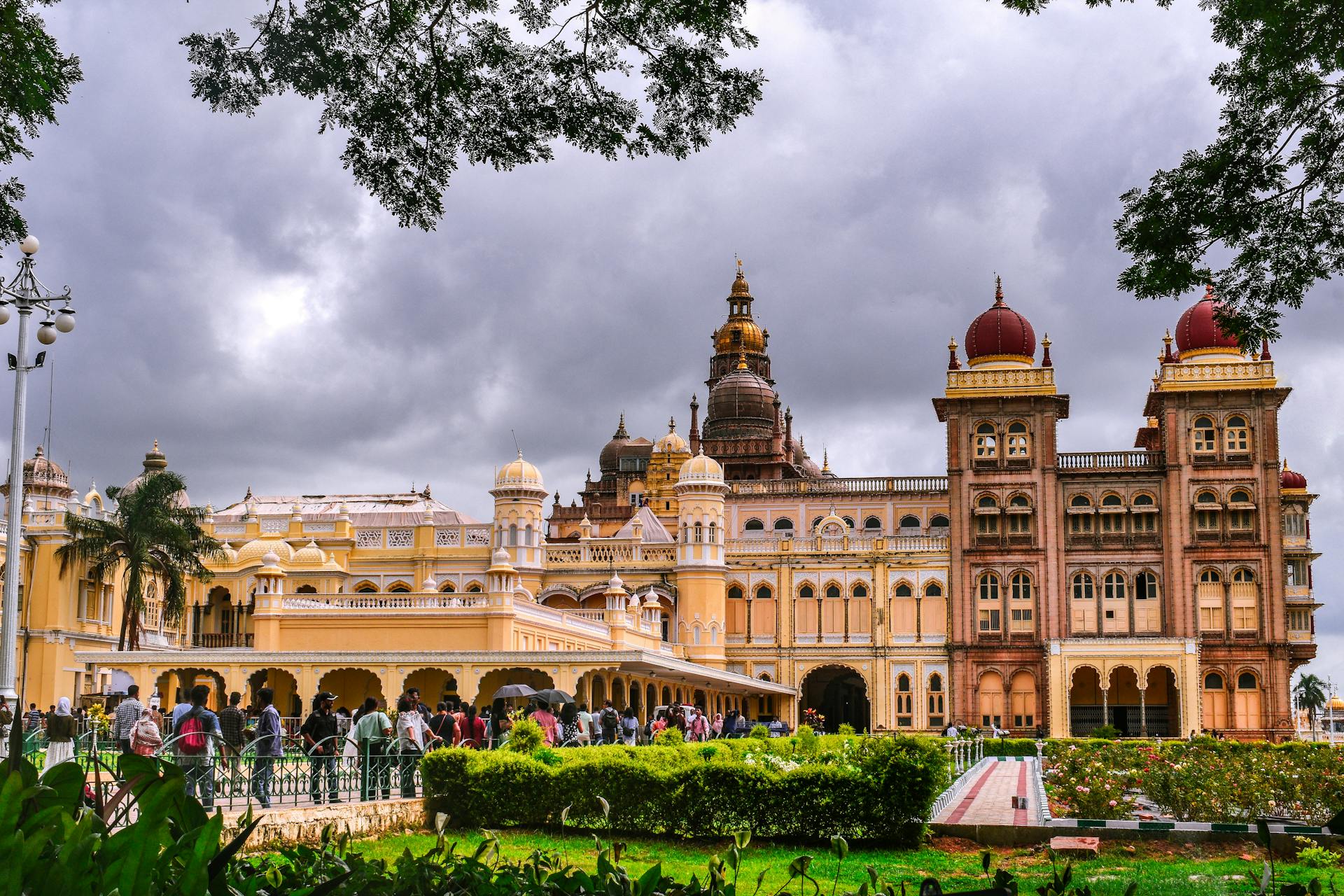Author | Lucía Burbano
Heating and cooling systems in buildings in the United States make up approximately 43% of the nation’s total energy consumption. Fossil fuels used in these heating and cooling systems contribute significantly to greenhouse gas emissions, increasing air pollution and accelerating the effects of climate change, according to the U.S. Environmental Protection Agency.
In response to this challenge, a growing number of cities and communities are adopting district energy systems that leverage low-carbon energy sources, such as residual heat, to decarbonize buildings while minimizing strain on the electricity grid. Washington is the latest example of a city embracing this innovative energy system.
What are Washington’s low carbon district energy systems?
The Washington State Energy Code came into effect in March 2024, aiming to establish a framework for assessing energy usage and compliance standards in both commercial and residential buildings. The goal is twofold: to drive progress toward the state’s decarbonization objectives and to establish standardized requirements for future urban energy systems.
Corix DE Systems is the firm behind the district energy system supplying low-emission heating and cooling to the waterfront district in downtown Bellingham, Washington. This innovative system captures residual heat from the Encogen thermal plant operated by Puget Sound Energy, located within the same district.
The system currently consists of three prefabricated modules, offering a heating thermal capacity of 1.5 MW and a cooling capacity of 380 tons. The initial phase includes a 280-ton evaporative cooler, natural gas condensing boilers with a thermal capacity of 1.1 MW, and a 400-kW thermal heat recovery cooler. This setup enhances efficiency by recycling residual heat.
The initiative, developed in partnership with the Port of Bellingham, follows the approval of the 2021 Washington State Energy Code, which recognizes this sustainable, low-carbon energy system as a pathway to compliance with the code’s standards. The long-term goal is to prevent the release of 2,400 tons of carbon dioxide equivalent emissions.
Is a low-carbon district energy system sustainable?
This system is primarily based on energy sources and storage, a distribution network, heat conversion and end users, which are normally buildings. According to this paper, the design depends on multiple factors including the nature of the energy sources, the loads to meet, central or distributed plant design, and the potential need for redundancy and resilience.
Another report, this one from the UNEP Copenhagen Climate Centre, provides several compelling insights:
- District cooling systems consume 20% to 35% less electricity compared to conventional air conditioning systems cooled by air and individual cooling systems utilizing cooling towers, respectively.
- In 2023, district heating systems met approximately 10% of global heating demands for both residential and industrial buildings.
In Barcelona, the recent implementation of a residual cold recovery system is set to generate 131 GWh of local, affordable, and eco-friendly energy while preventing the emission of 42,000 tons of CO2 each year.
In the Norwegian city of Bergen, waste incinerators will be utilized to generate energy while reducing greenhouse gas emissions by 14%.
Sweden, Finland, and Denmark are among the countries firmly committed to district heating, boasting the highest percentages of renewable energy usage globally.
Photograph | Corix














